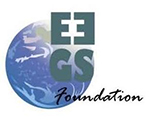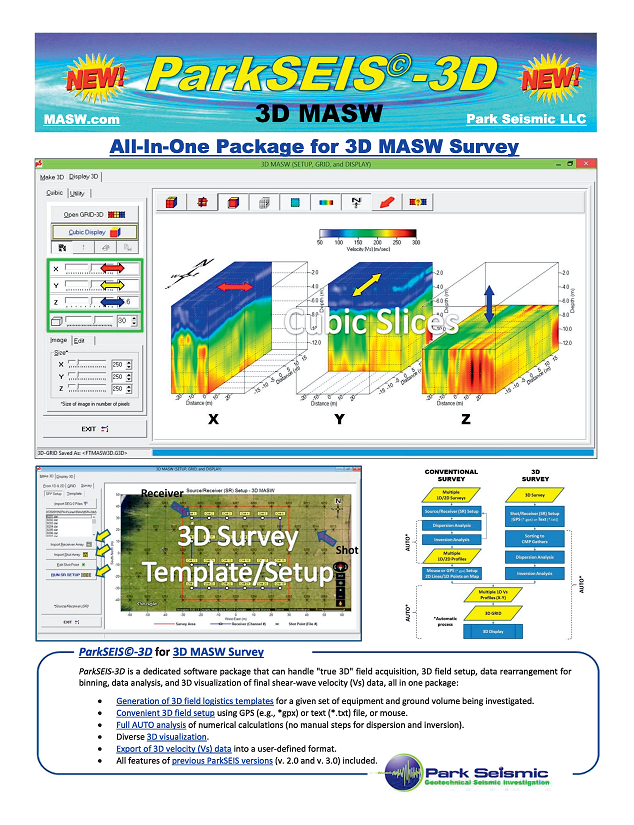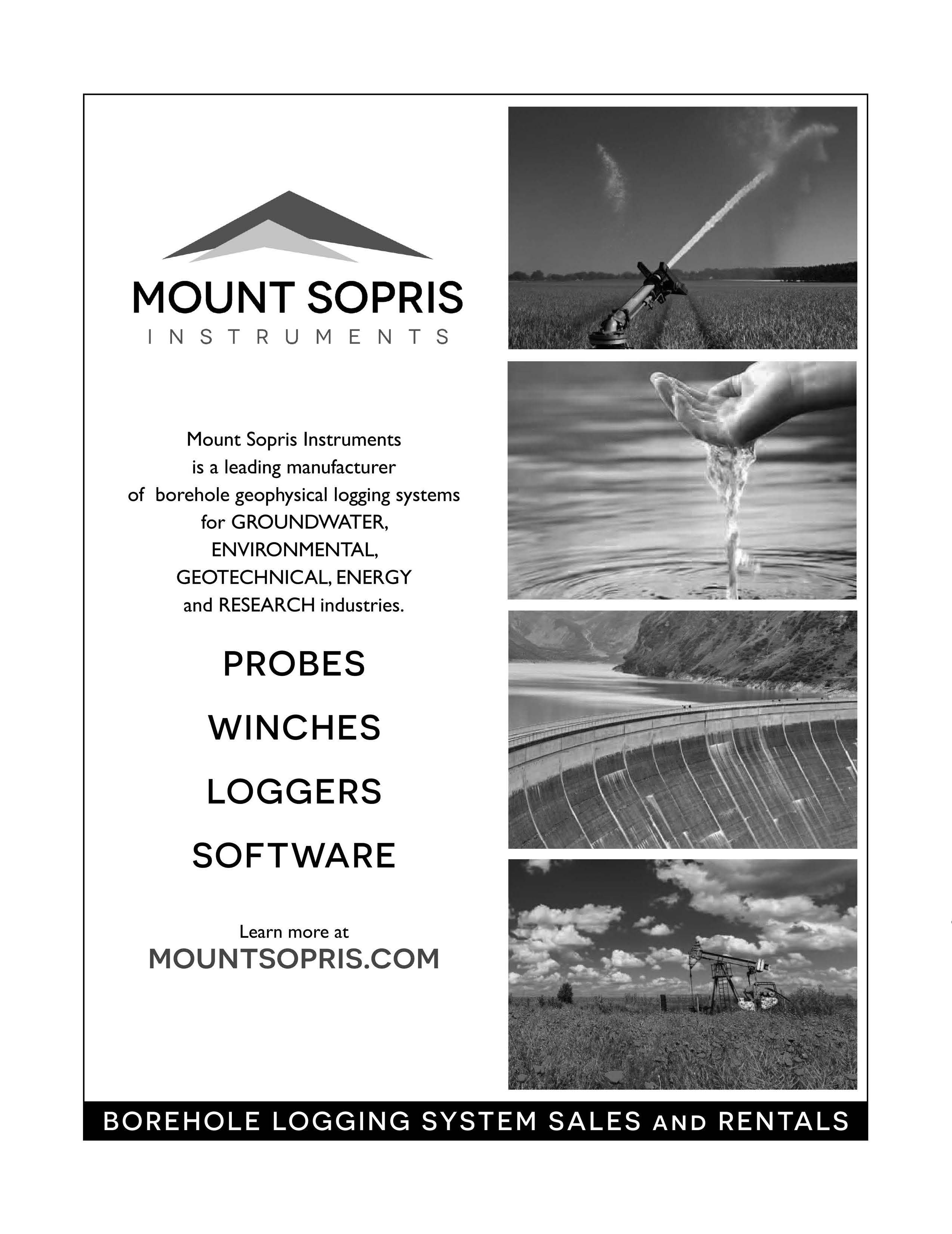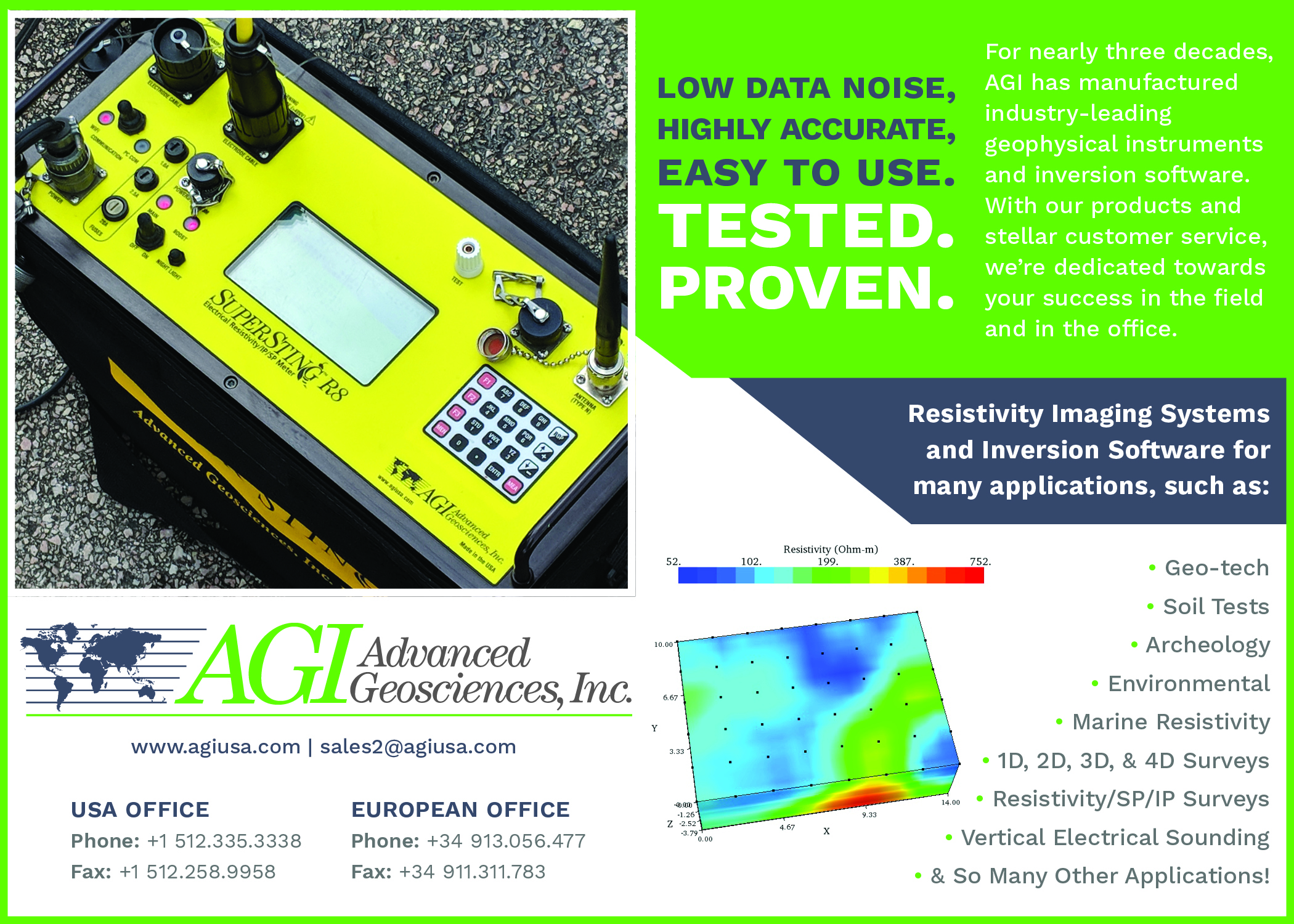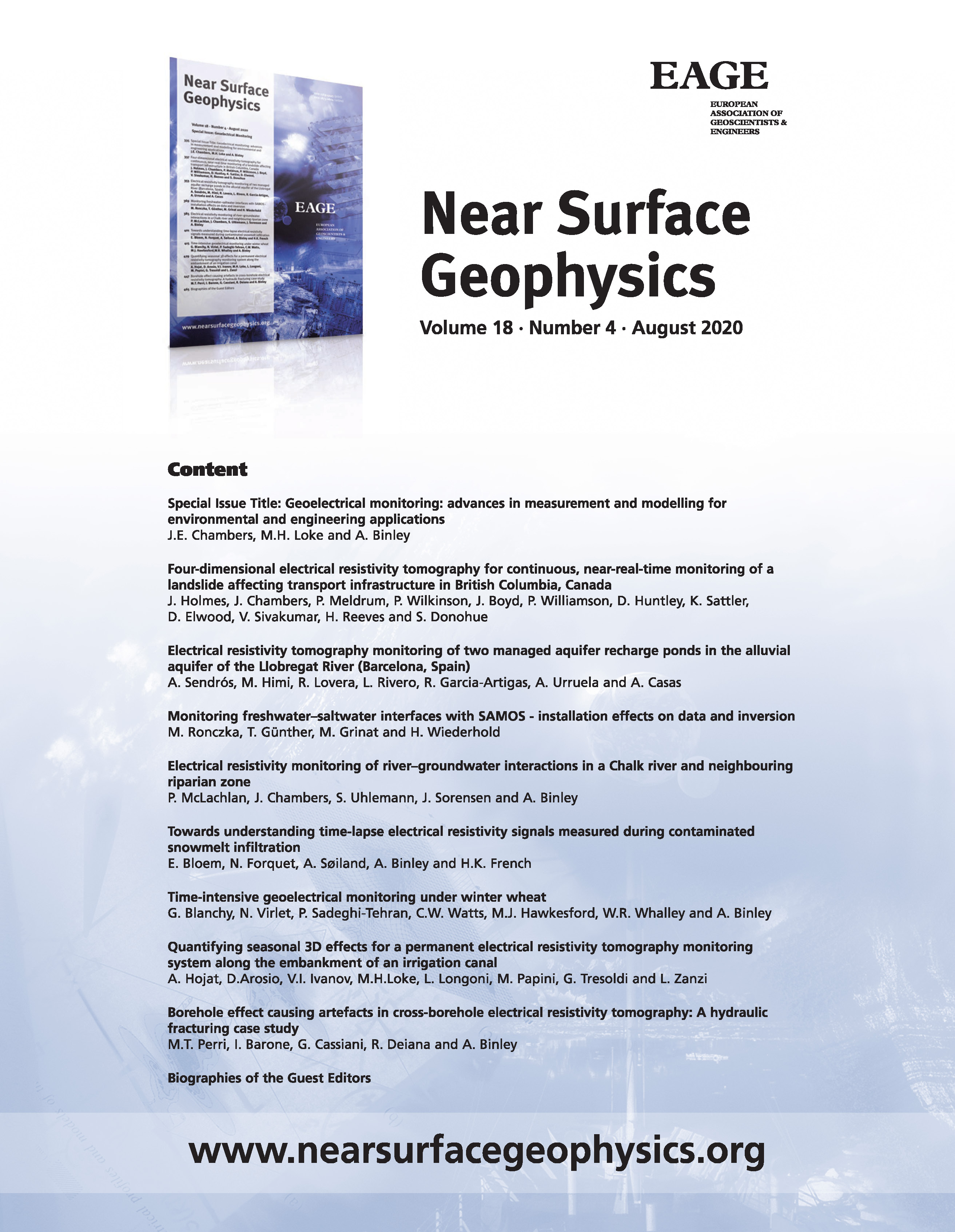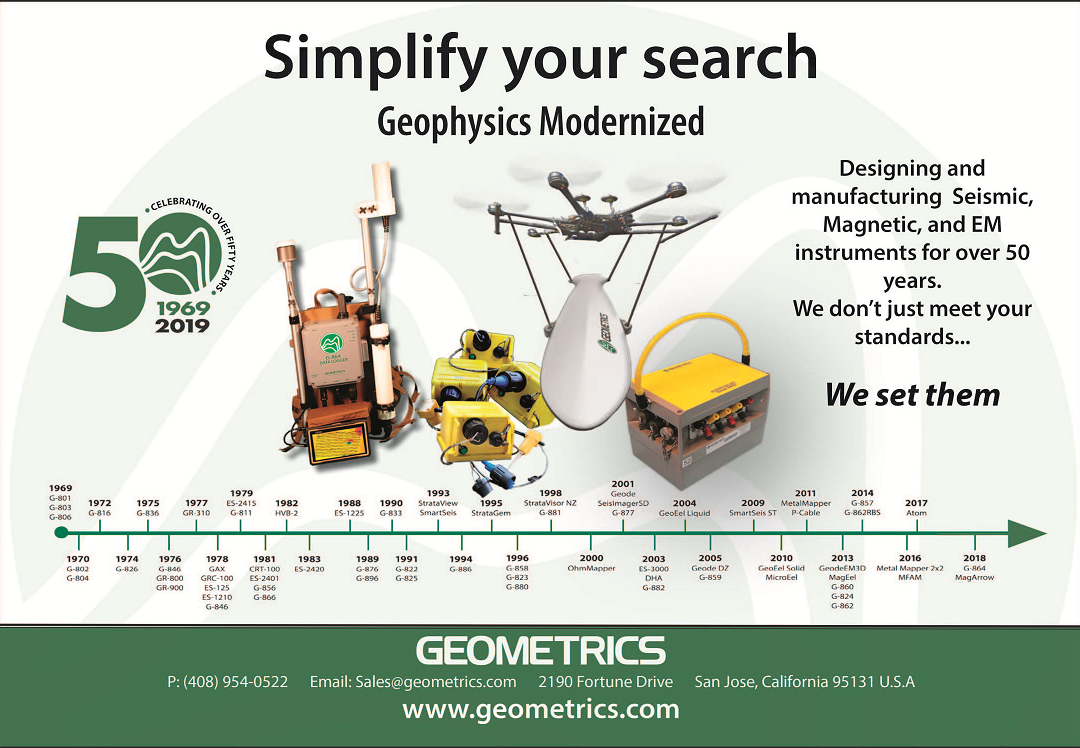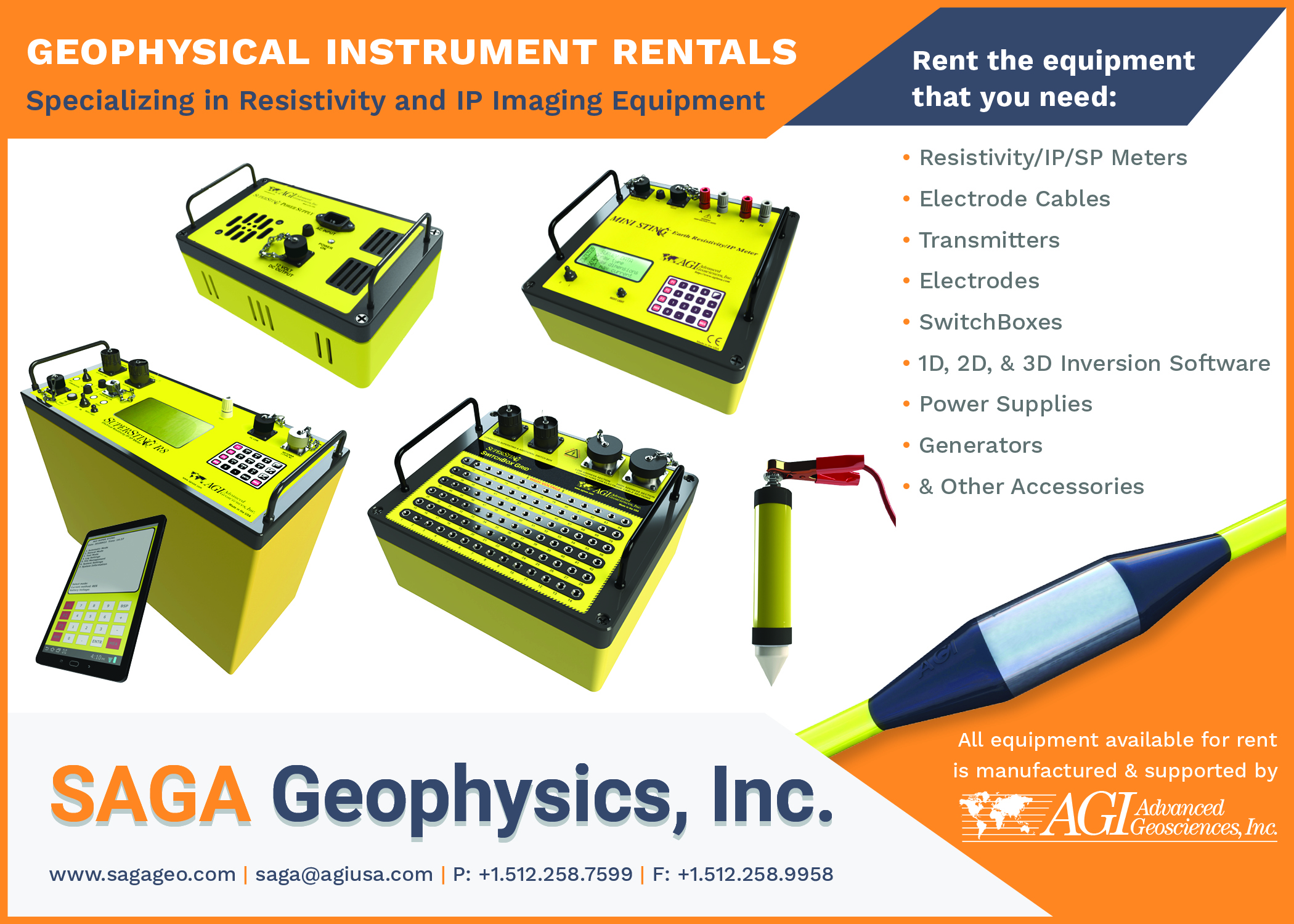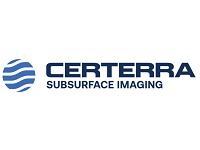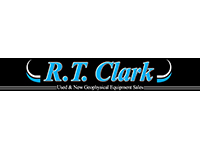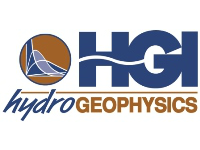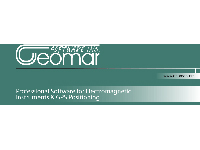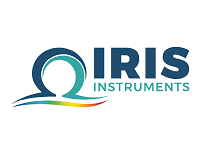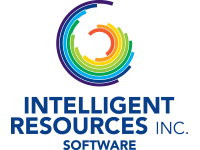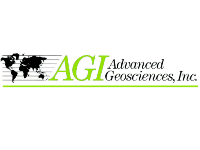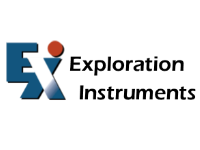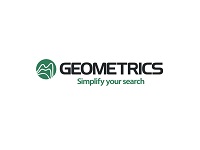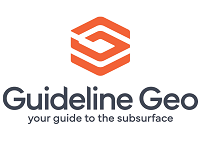Journal of Environmental & Engineering Geophysics (JEEG)
View Just-Accepted Articles (Member Only Access)
To the Readers of the Journal of Environmental and Engineering Geophysics:
In an effort to better serve you, our members and the broader community, the EEGS Board and the Editor of JEEG have decided to transition from KGL, our current publisher, to GeoScienceWorld (GSW). We have made this decision to streamline the publication process and integrate our archived issue database with our current and forthcoming issues. When the transition is complete, all of our past, present and current issues will be hosted by GSW. However, a move from one publisher to another requires a lot of backend migration. In order to accomplish this in a reasonable timeframe, we have decided to suspend publication of JEEG for a short period in the beginning of 2026. The Peer Track submission site will be closed to new submissions beginning December 22, 2025 and a new submission site will open with GSW.
For those of you with manuscripts submitted, we are working to move those through an expedited review process with GSW. During the transition, the editorial team may be reaching out for clarification or a request to open a new submission into which the editorial team will add all the files and reviews transferred from the KGL Peer Track platform.
We understand the concerns that you, our authors, may have about the impacts on the time to publication. We are working to minimize any impacts that the transition may have on you and the dissemination of your work. We appreciate your understanding and patience while we work to improve JEEG and strive to make JEEG a premier journal in environmental and engineering geophysics.
If you have any questions or concerns, please contact the editor, Dr. Allen Gontz ([email protected]).
Thank you for your patience.
JEEG Editor-in-Chief
Just-Accepted Articles are peer-reviewed, accepted manuscripts that have been assigned Digital Object Identifiers (DOIs) and undergo the normal publication process (copy editing, page composition, proofing by author, and finalization). A just-accepted article is removed when the final version of the manuscript is ready and assigned to a Journal of Environmental & Engineering Geophysics (JEEG) issue, becoming the official version of the article. The Just Accepted article has the same DOI that appears on the official version of the article; therefore, citations made to an article during the Just-Accepted stage will continue to link to the article's official version. Click Members Only and select "Just-Accepted JEEG Articles."
Access JEEG Issues
The Journal is offered online through a SEG Digital Library portal. Please note: The Society of Exploration Geophysicists’ publications have moved to GeoScienceWorld (GSW). Members and institutional subscribers will be able to access all of the same SEG content as before, but on the GSW platform. Upon completion of the transition, members will be offered a link to the GSW platform. At that time, if you are an EEGS member, be sure to log into the EEGS web site or be ready to enter your EEGS log in name and password. You will be directed to the EEGS Journal and SAGEEP proceedings via the link to GSW's platform.
|
Current Issue December, 2024 29.4
|
Thank you to our Advertisers:
|
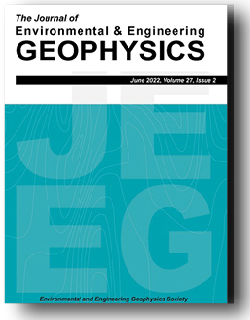 |
Editors’ Foreword Afshin Aghayan
Aleksandra Varnavina
As we reach the conclusion of 2024 with the publication of this issue, we find ourselves reflecting with
both gratitude and anticipation on our roles as editors-in-chief of the Journal of Environmental and Engineering Geophysics (JEEG). Volume 29, Issue 4 features three notable papers that advance our understanding of environmental geophysics and engineering.
|
In the first paper, Lachhab et al. (2024) introduce a novel method that integrates laboratory direct dielectric permittivity measurements with Ground-Penetrating Radar (GPR) surveys to assess sediment thicknesses in Faylor Lake accurately. Their findings reveal dynamic changes over time, indicating a sedimentation rate of approximately 3,727 cubic meters per year since the lake’s inception in 1983. This study underscores the importance of advanced methodologies in understanding sediment dynamics in aquatic systems.
The second paper by LeBlanc and Butler (2024) illustrates the viability of using electromagnetics (EM) to detect and characterize water-bearing geohazards proximal to underground conventional potash mines through computer modeling and field data. They overcome the challenges inherent in the full-space operation of EM by utilizing a full-space physics forward modeling package, COMSOL, the careful selection of survey parameters, and other a priori geological and geophysical information to constrain the EM response.
In the third paper, Rong et al. (2024) build a seismic model with significant lateral velocity variations and bare bedrock to perform theoretical calculations, and then used numerical simulation techniques to study the conditions and application consequences of the first arrival tomographic static correction, providing a reference for the static correction of challenging surface coal bed methane (CBM) seismic data. The findings demonstrate that tomographic static correction is better suited for processing complicated surface CBM seismic data.
As we wrap up our tenure as editors-in-chief, we sincerely appreciate the opportunity to contribute to such a distinguished journal. It is with great pleasure that we welcome Professor Allen Gontz as the new editor-in-chief of JEEG. Dr. Gontz, a prominent professor of Applied Geology at Clarkson University, brings a wealth of expertise and a keen interest in environmental and engineering geophysics. His extensive research spans all seven continents, focusing on projects that connect geology with archaeology and climate change within UNESCO World Heritage Areas. At Clarkson, he has used geophysical techniques to illustrate how they can be used in engineering situations to understand site architecture and environmental issues associated with societal activities. We have every confidence that JEEG will thrive and evolve under his leadership.
We extend our heartfelt thanks to the authors and reviewers for their invaluable contributions to the JEEG. The insights shared within these papers enhance our knowledge of environmental and engineering geophysics and inspire further research and innovation in our field.
Thank you for your engagement with the Journal of Environmental and Engineering Geophysics. We look forward to seeing JEEG’s continued growth and success under Dr. Gontz’s stewardship.
GPR with a Bench Model Experiment to Measure Bathymetry and Sediment Accumulation of Faylor Lake, PA
Ahmed Lachhab, Trey DuPont-Andrew and Michael Sharer
Detection of a Permeable Aquifer Geohazard Above Potash Mines using In-mine Time-domain Electromagnetics
Todd J. LeBlanc and Samuel L. Butler
Incorporating Tomographic Static Correction in the Seismic Processing of a CBM Reservoir with Complex Surface Conditions
Jing Rong, Jiabao Wang and Ibrar Iqbal
Author Biographies
https://doi.org/10.32389/1943-2658-29.4.153
|

